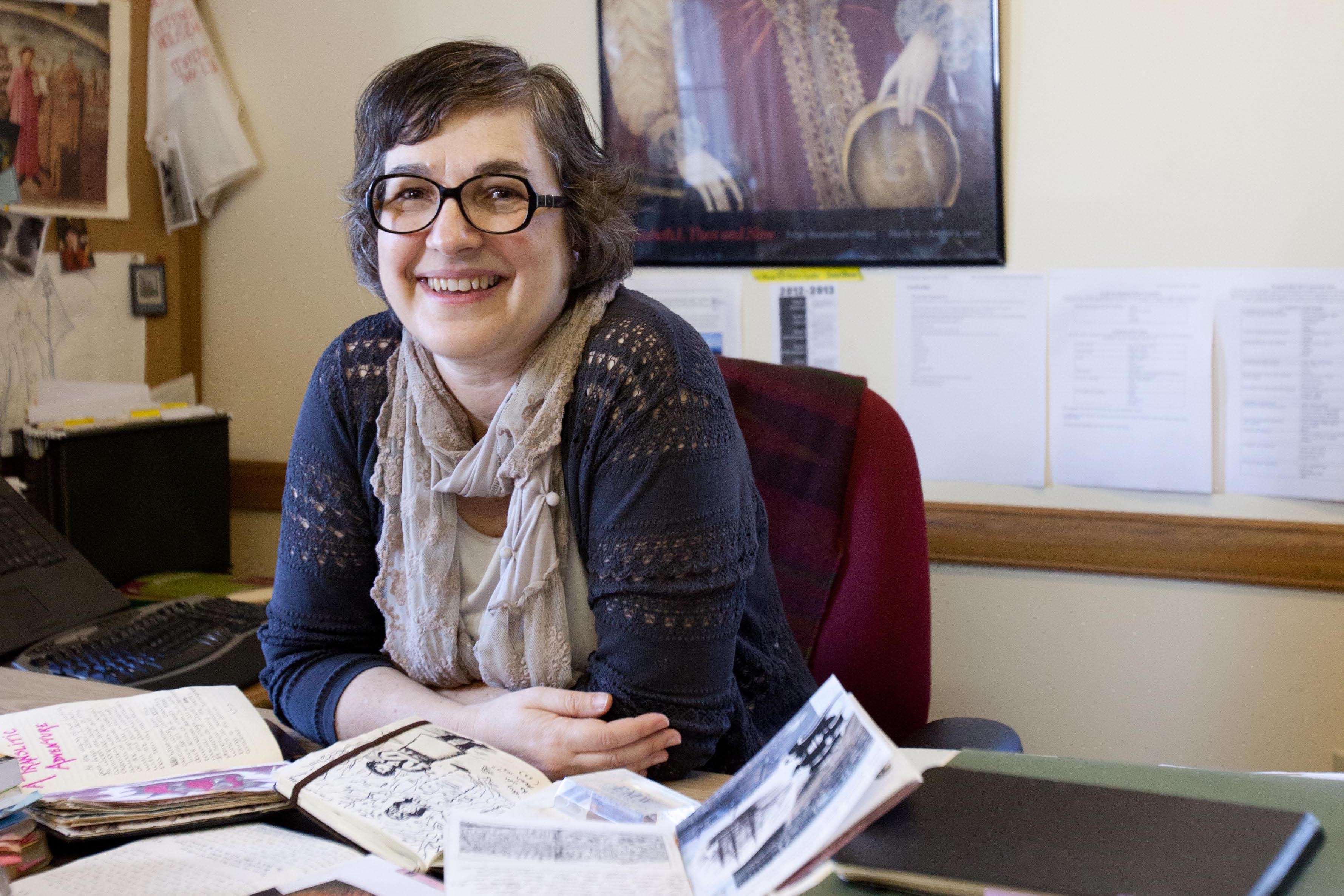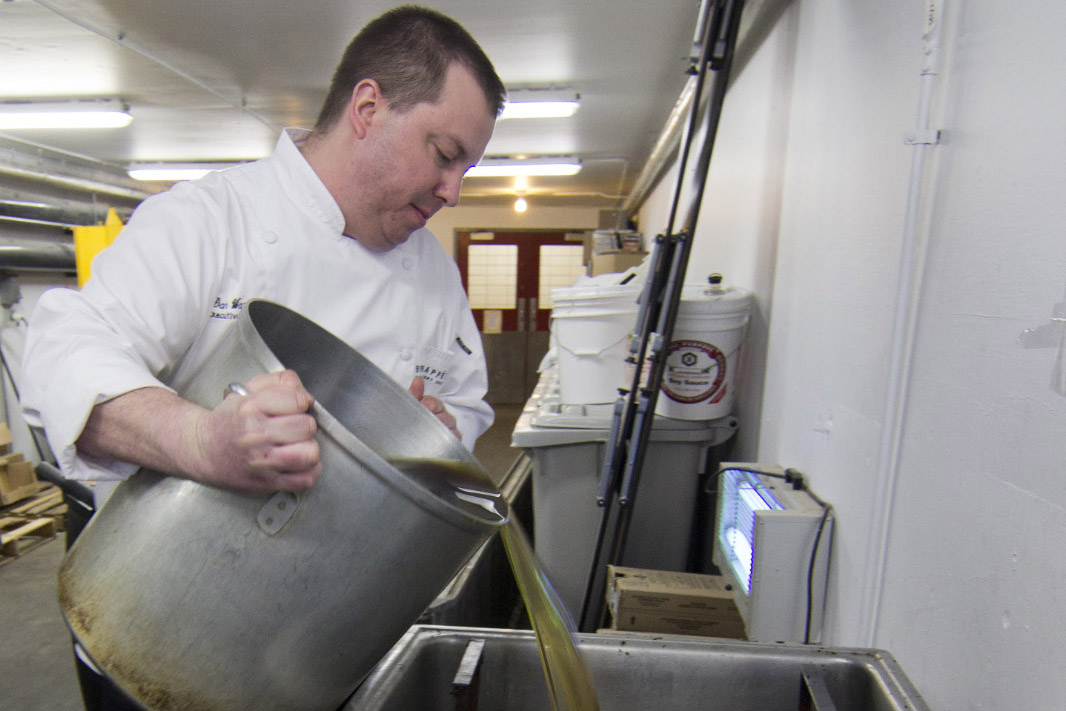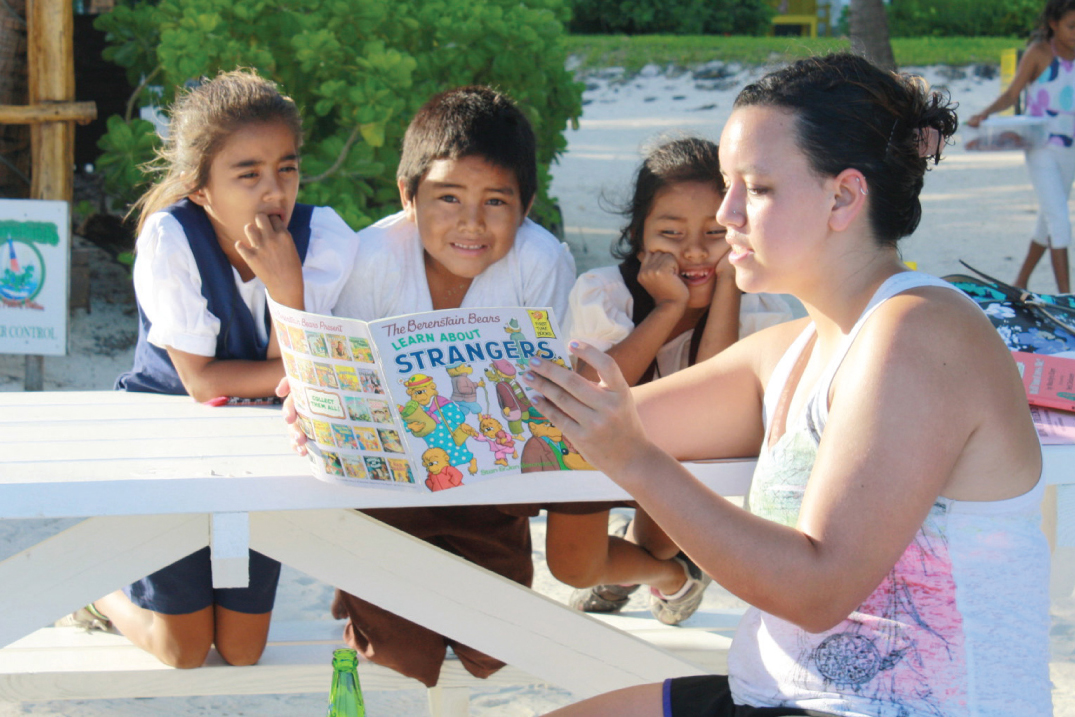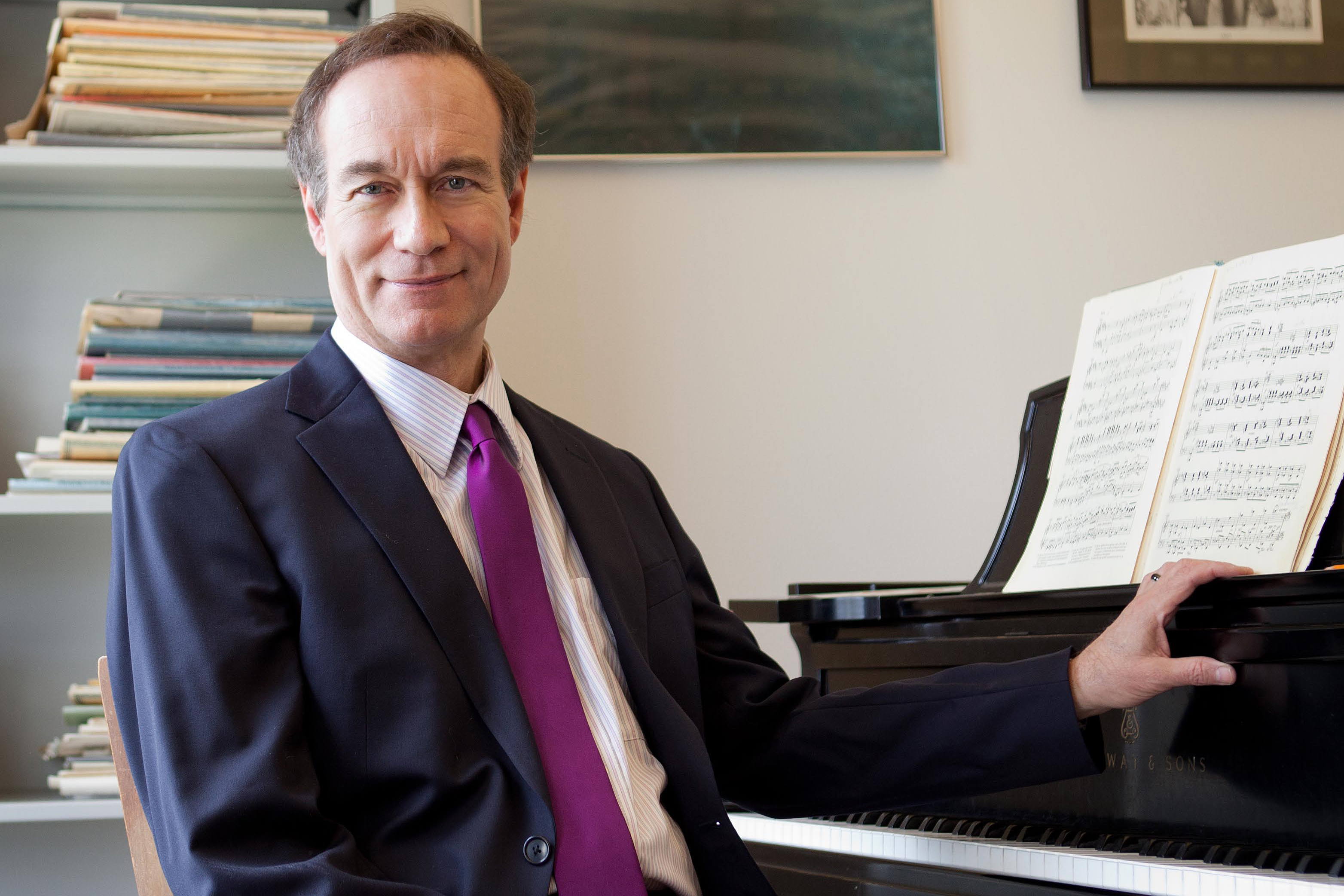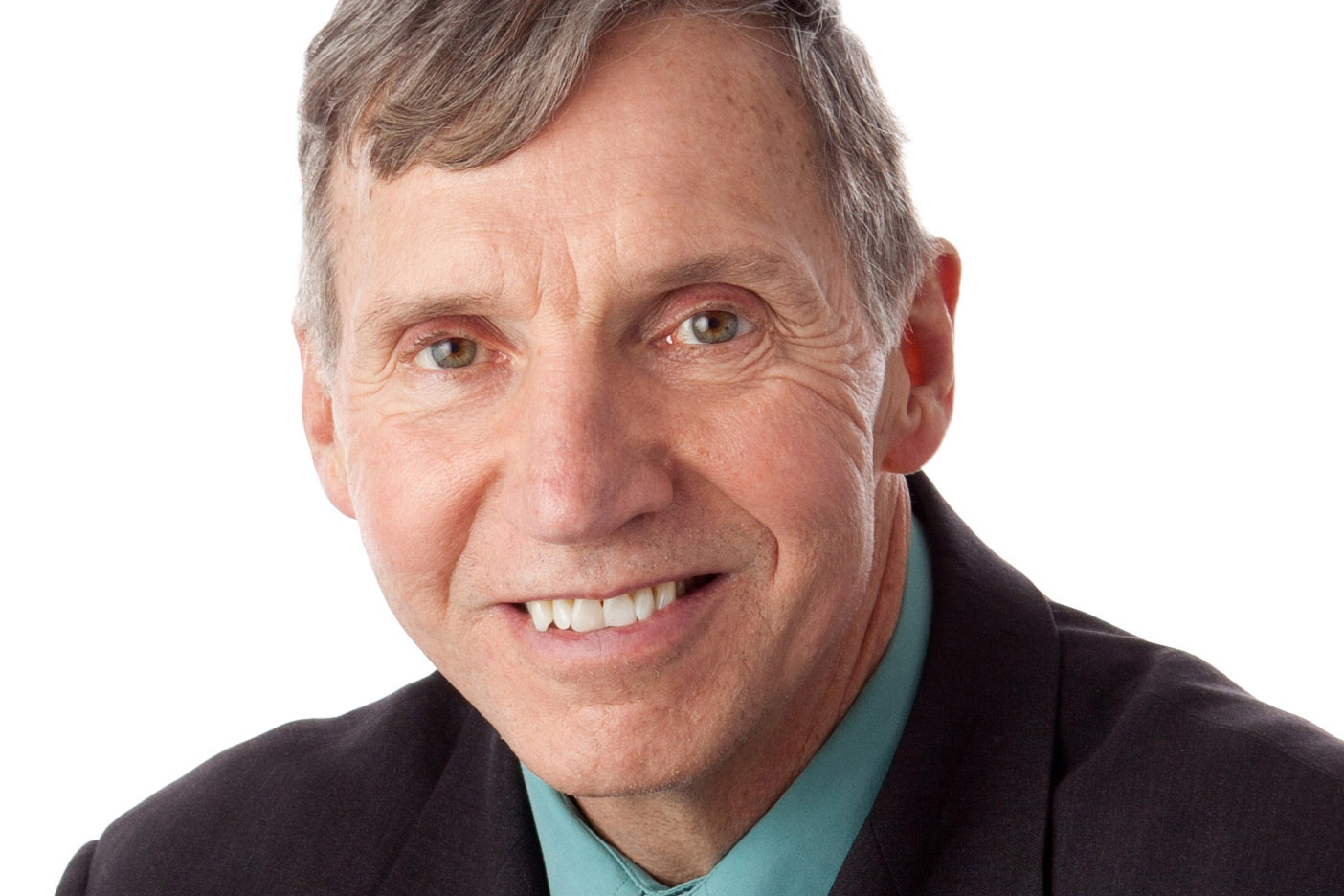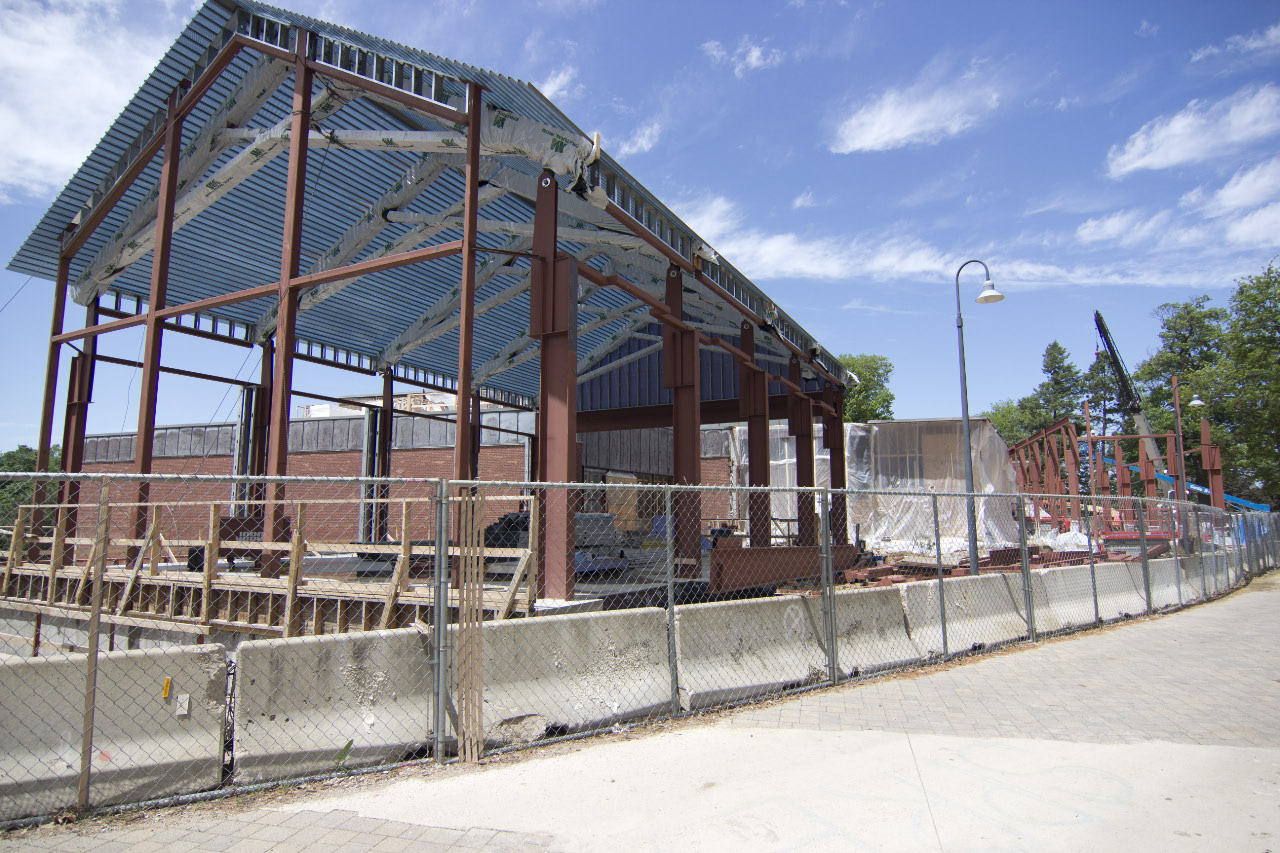Spring break: Students travel to serve
Spring Break gets a bad reputation, mostly thanks to destinations like Daytona Beach and South Padre Island—not to mention the 2013 movie “Spring Breakers.” But it isn’t all drunken debauchery and sun-soaked shores.
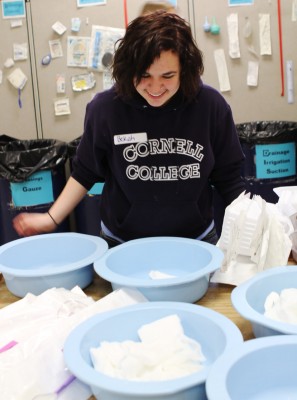
In fact, for nearly 100 Cornellians this year, Spring Break was all about service and education.
Every year since 2004 Cornell has sent students on one-week service trips during spring break. This year’s Alternative Spring Break project was the largest yet, with 92 students traveling to seven locations around the United States.
Sophomore Naomi Saito and 11 other Cornell students went on the Alternative Spring Break trip to Elm Mott, Texas. Besides spending one week working on a sustainable farm, the students also participated in many educational activities to learn about the effects of hunger in developing countries.
One group went to New Jersey to assist with Hurricane Sandy relief efforts, while another headed for the Pine Ridge Reservation in South Dakota to provide services to the local Native American community. Other projects focused on urban at-risk youth in Chicago; HIV/AIDS outreach in Austin, Texas; civil rights advocacy in Selma, Ala.; and a variety of poverty relief projects in Atlanta.
Sophomore Allison Rott worked at a transitional housing project for people with HIV and AIDS in Chicago.
“The people there were so resilient, despite many horrible things they went through,” she said. “The more I talked to them, the more I realized how privileged I was.”
“I have learned that we can do so much in just a few hours, and that we do have the means to solve the world’s problems,” said sophomore Kim Boche. “The trip [to Atlanta] helped solidify why I want to work for non-profit organizations in the future.”
“I learned that some people do not even have the option to live an honest life,” said Saito, reflecting on her experience in Texas. “Knowing that we are fortunate to have education, clothes, food, and even clear water makes me feel responsible for creating changes.”
By Thao Nguyen ’15

